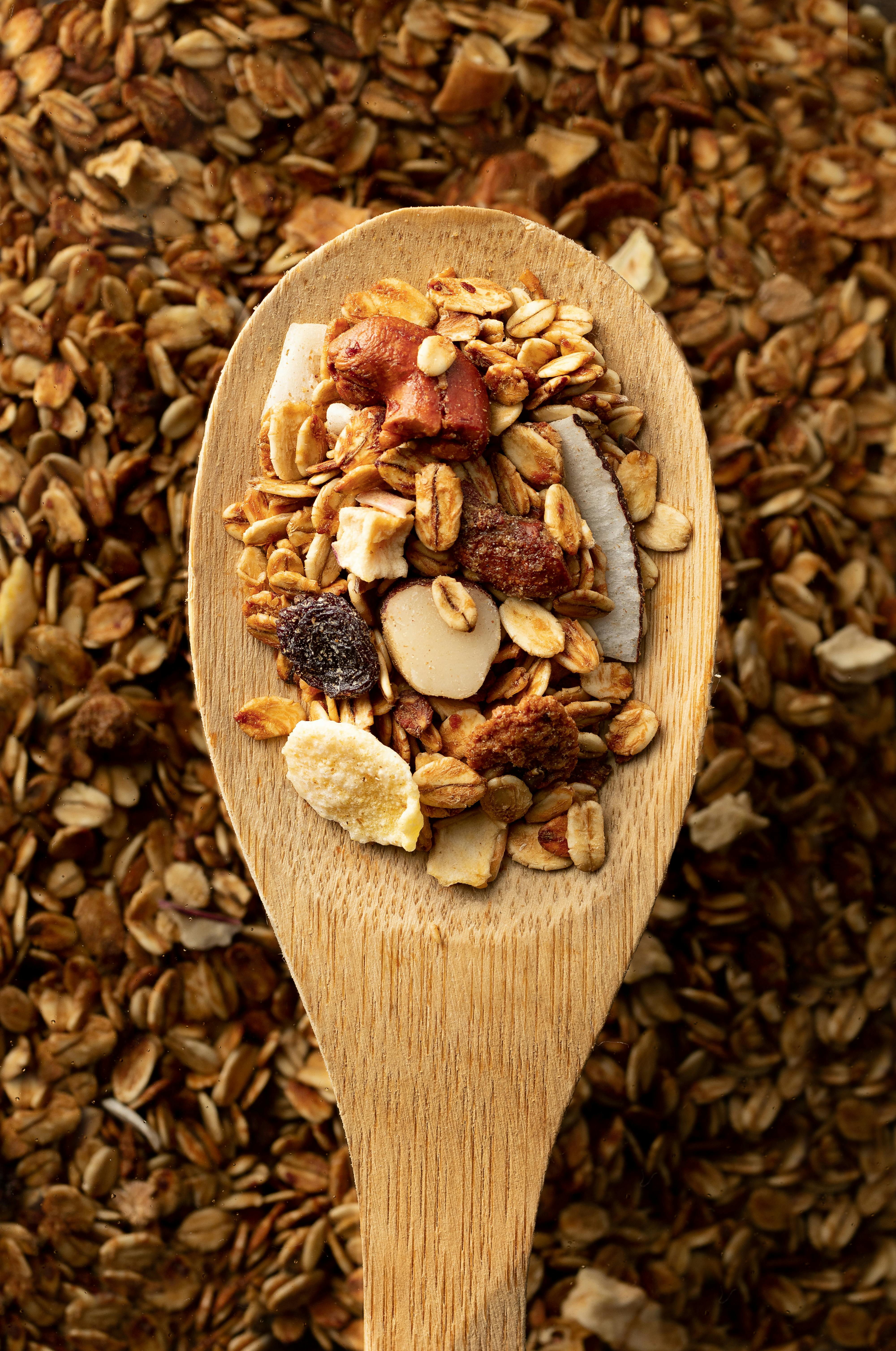
Smart Ways to Use Electrolytes for the Carnivore Diet in 2025
The carnivore diet, consisting primarily of animal products, emphasizes nutrient density and the consumption of natural sources of electrolytes. As we enter 2025, optimizing electrolyte intake has become essential for those adhering to this meat-based diet. Electrolytes such as sodium, potassium, magnesium, and chloride are vital for maintaining hydration, muscle function, and nerve function. This article will explore smart ways to ensure adequate electrolyte balance on the carnivore diet, focusing on food sources, supplementation, and hydration strategies that support optimal health and performance.
A well-balanced intake of electrolytes can significantly enhance metabolic functions and overall wellness. In this guide, we will provide key takeaways on integrating electrolytes into your diet, practical tips for meal planning, and how to mitigate potential issues like electrolyte imbalance often observed during dietary restrictions.
Understanding Electrolyte Needs on the Carnivore Diet
The Role of Electrolytes in Health
Electrolytes play an essential role in many physiological functions. They help regulate hydration levels, maintain acid-base balance, and facilitate nerve impulse transmission and muscle contractions. When following the carnivore diet, achieving proper electrolyte balance is crucial, especially due to the reduced intake of fruits and vegetables.
The main electrolytes—sodium, potassium, magnesium, calcium, and chloride—are typically found in various meats and animal products. For example, organ meats are particularly rich in trace minerals, making them a staple for anyone seeking to optimize their nutritional intake on this diet. Recognizing the health benefits of these electrolytes can encourage individuals to prioritize their consumption while following a strict carnivore lifestyle.
Sources of Electrolytes in Animal Products
Identifying reliable sources of electrolytes is vital for those on the carnivore diet. Here are some significant contributors:
- Sodium: Found abundantly in bacon, cured meats, and salt. Adding dietary sodium helps maintain fluid balance and supports muscle function.
- Potassium: Found in foods like beef, chicken, and fish, as well as in animal organs like the liver. Potassium supports nerve function and plays a crucial role in muscle contractions.
- Magnesium: Abundant in foods like dark chocolate and a variety of meats. It aids in muscle recovery and energy metabolism.
- Calcium: Available in dairy products (if included in your carnivore plan) and certain fish, essential for bone health and muscle contractions.
Maintaining a diet rich in diverse animal products promotes a balanced intake of these essential minerals, supporting overall health and fitness goals.
Effective Supplementation Strategies
When to Consider Electrolyte Supplements
While many individuals can meet their electrolyte needs from whole food sources, there may be times when supplementation is beneficial. Factors such as increased physical activity, sweating, or dietary restrictions may necessitate additional electrolyte support. Utilizing electrolyte drinks or drops can be a simple way to increase intake, particularly when transitioning into keto adaptation.
Carefully selecting supplements can enhance nutrient absorption and effectiveness. For instance, using magnesium citrate or potassium gluconate may aid in better utilization during muscle recovery or fatigue recovery. However, it's important to monitor daily intake and adjust based on individual hydration and energy levels.
Hydration and Electrolytes: A Comprehensive Strategy
A successful hydration strategy on the carnivore diet involves not only drinking sufficient water but also supplementing electrolytes to maintain balance. Crafting a hydration guide that incorporates effective electrolytes can help avoid common pitfalls such as muscle cramps or fatigue commonly associated with electrolyte imbalance.
Tailoring hydration with a focus on electrolytic properties allows individuals to personalize their nutrition. Understanding electrolyte ratios and their impact on performance enhancement offers insights into optimizing both hydration levels and energy sustenance for daily routines.
Key Food Choices for Electrolytic Balance
Animal-Based Foods for Optimal Hydration
The quality of food sources plays an integral role in electrolyte balance. Choosing high-quality animal products can significantly impact nutrient density and overall health. For example, bone broth is a fantastic source of sodium and magnesium, contributing to hydration and digestive health. Seafood also provides a rich source of both sodium and potassium, making it an excellent choice for those looking to enhance their electrolyte intake.
Additionally, organ meats stand out for their trace mineral content, helping support metabolic functions and optimal health. Including these foods regularly in meal planning not only fuels the body but also facilitates effective electrolyte absorption.
Meal Frequency and Nutrient Absorption
Considering meal frequency can assist in maximizing nutrient absorption and overall hydration strategy. Eating smaller, more frequent meals can ensure consistent intake of electrolytes throughout the day. This approach also helps improve metabolic pathways and maintain energy levels.
Strategizing meals around physical activity and hydration needs also means considering the timing of electrolyte intake. Research shows that pre-and post-exercise electrolyte consumption alleviates performance-related fatigue and supports muscle recovery, enhancing overall fitness goals.
Maintaining Electrolytic Balance Through Health Assessments
Identifying Potential Deficiencies
Identifying and addressing potential electrolytic deficiencies is vital for long-term health maintenance. Regular health assessments can aid in diagnosing issues related to dietary sodium or potassium deficiency. Monitoring hydration levels alongside electrolytes is a proactive approach that can prevent risks like muscle cramps or fatigue recovery delays, often seen during dietary transitions.
Electrolyte testing can serve as an essential tool in tailoring individual strategies. This allows for a deeper understanding of personal nutrient needs and informs dietary choices for longevity and wellness.
Conclusion: Embracing Electrolytes for Carnivore Health
Utilizing smart strategies for electrolytes on the carnivore diet can greatly enhance health outcomes and support metabolic efficiency. By focusing on high-quality animal products, incorporating effective supplementation, and understanding hydration needs, individuals can sustain energy levels, improve muscle function, and promote overall wellness.
As we advance in our understanding in 2025, the key to thriving on a carnivore diet lies in the careful management of electrolytes. Selecting the right food sources and employing hydration strategies will pave the way for optimal health and performance.

